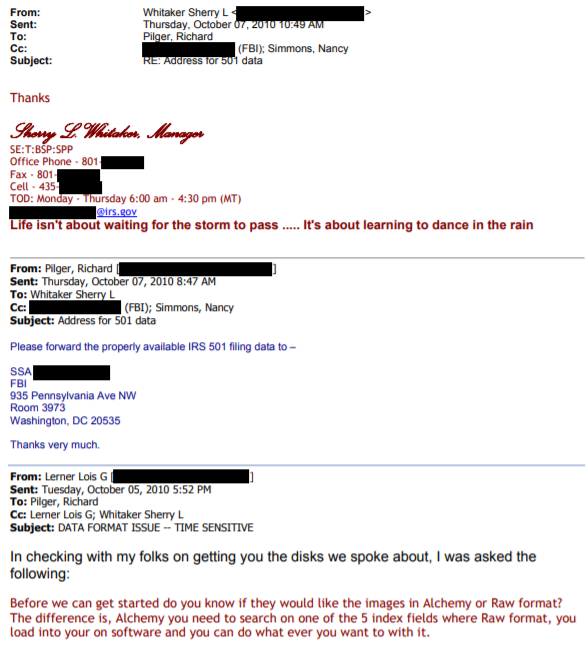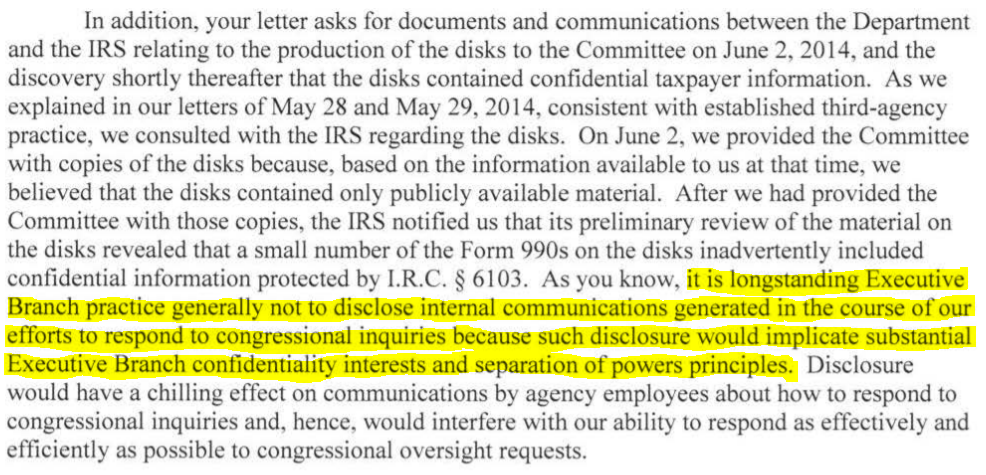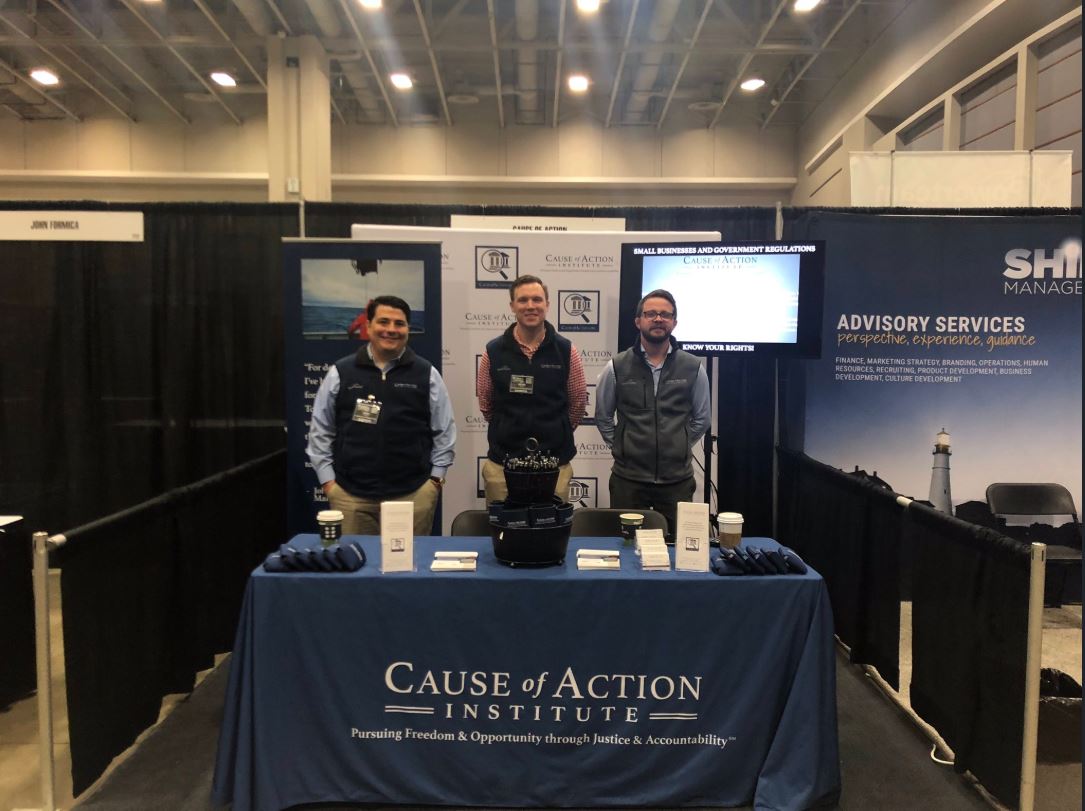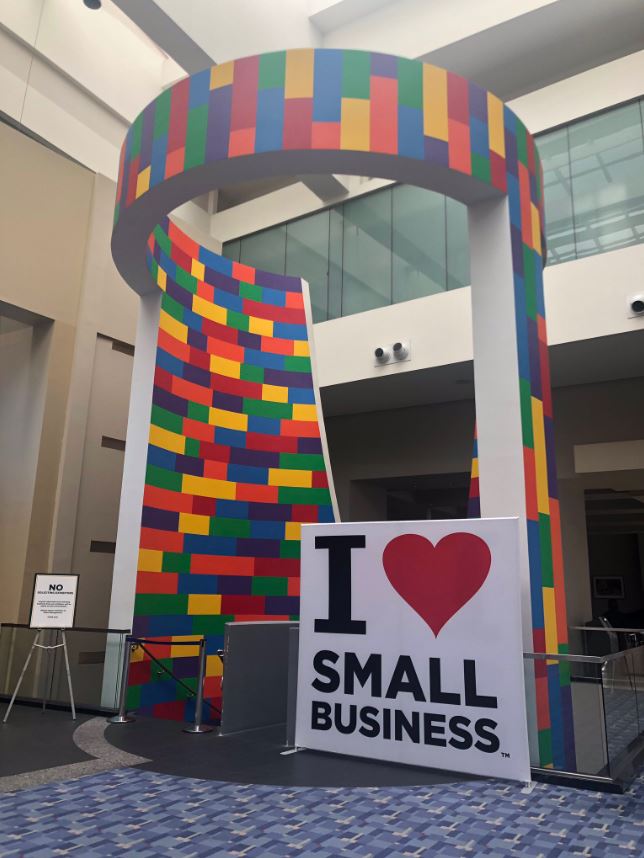Washington, D.C. (May 23, 2019) – Today, Cause of Action Institute (CoA Institute), a government watchdog organization, filed a lawsuit against 14 federal agencies seeking access to records concerning government-wide implementation of the Freedom of Information Act’s (FOIA) “foreseeable harm” standard. In October 2018, CoA Institute sent FOIA requests to 25 federal agencies as part of an investigation into the Administration’s implementation of this provision. The 14 agencies named in the lawsuit failed to provide timely determinations to the organization’s requests.
Ryan Mulvey, counsel at Cause of Action Institute:
“The failure of these 14 federal agencies to adhere to FOIA’s required timeline for response is unacceptable. For nearly seven months, we have waited for information concerning the agencies’ adherence to FOIA and diligence in implementing important amendments passed by Congress in 2016. The FOIA process is an integral vehicle for government accountability but it is only effective when government meets its statutory obligations. CoA Institute is committed to holding the government accountable and will continue to pursue these important records concerning fair administration of the FOIA.”
Background
The FOIA Improvement Act of 2016 included a “foreseeable harm” provision designed to ensure that federal agencies only withhold requested records when they “reasonably foresee” that disclosure would harm an interest protected by a statutory exemption. This “foreseeable harm” standard builds upon the so-called “presumption of openness,” which was introduced on a discretionary basis by the Obama White House and requires agencies to go beyond mere formulaic justifications for redacting records.
The Department of Justice Office of Information Policy (OIP) is tasked with providing guidance to the rest of the Executive Branch on the proper administration of the FOIA. After it failed to publish any government-wide directives on the proper interpretation and implementation of the “foreseeable harm” standard, CoA Institute opened an investigation into the administration of the FOIA and the “foreseeable harm” standard of 25 federal agencies. Fourteen of those agencies failed to issue a final determination in response to the requests within the statutorily required period, thus prompting CoA Institute to file a lawsuit to ensure the production of agency records.
Documents
###
Media Contact: Matt Frendewey, matt.frendewey@causeofaction.org | 202-699-2018
About Cause of Action Institute
Cause of Action Institute is a 501(c)(3) non-profit working to enhance individual and economic liberty by limiting the power of the administrative state to make decisions that are contrary to freedom and prosperity by advocating for a transparent and accountable government free from abuse.







